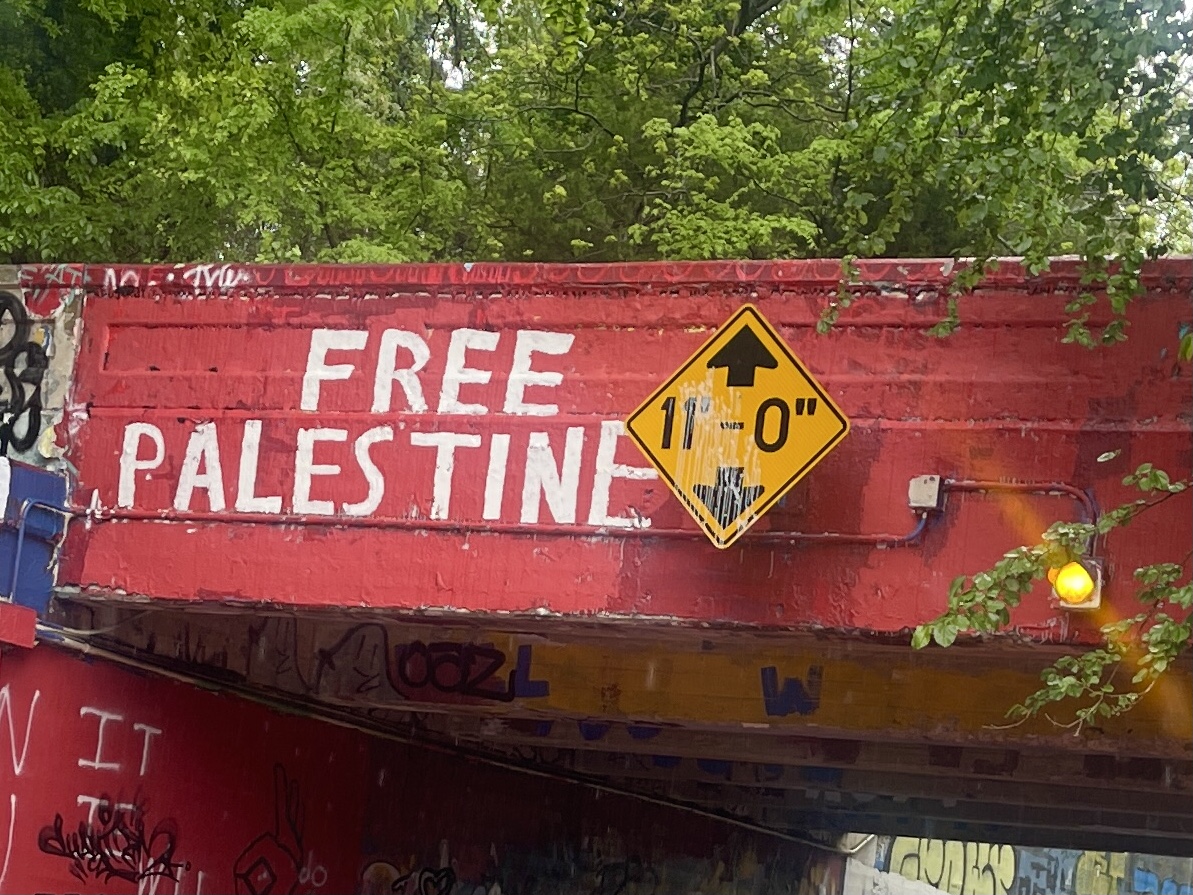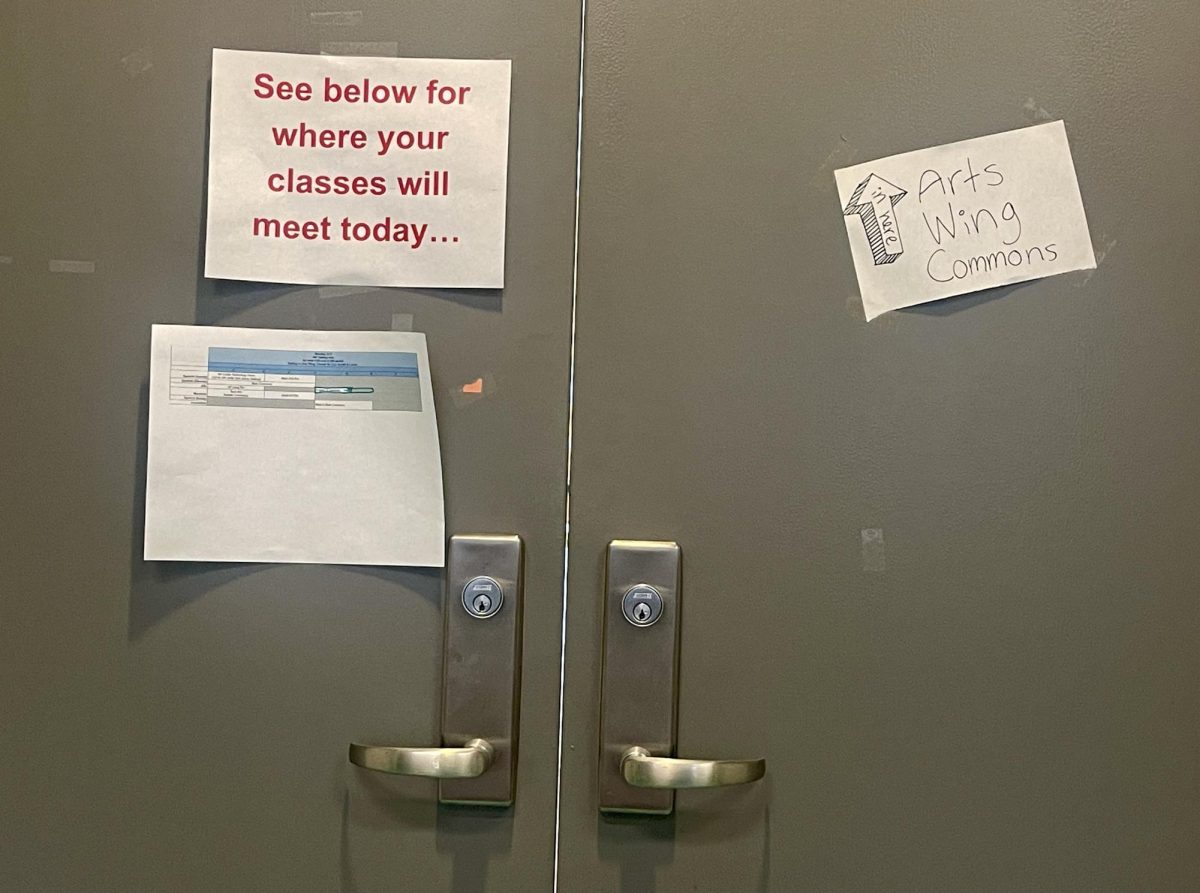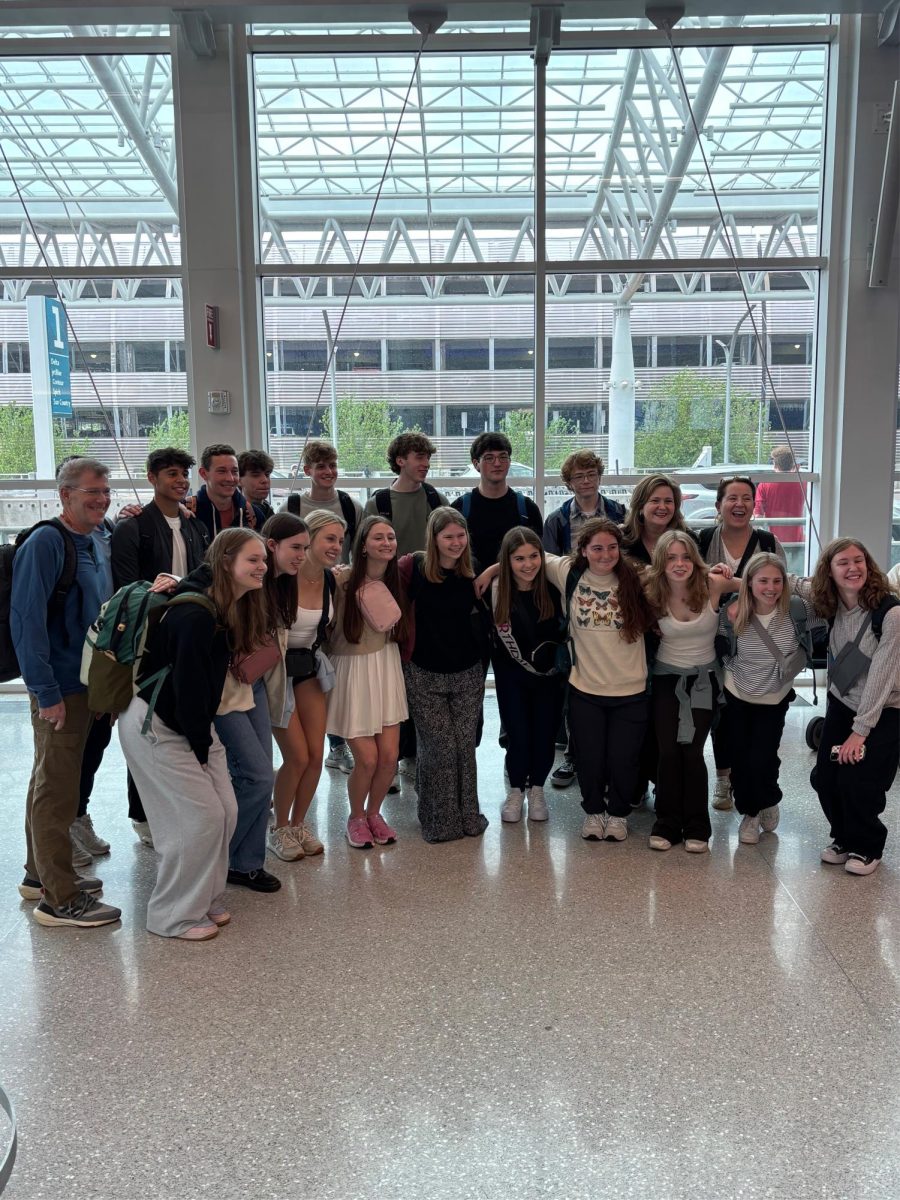Across the nation, protests on university campuses have been springing up and escalating at an alarming pace with many of these anti-Israel protests turning into clashes between police and protesters.
As these protests spread, and continued clashes over free speech take place, it is worth discussing what is happening on college campuses and why.
The protest that has garnered the most media attention and was the first to take hold grew on the campus of Columbia University in New York.
These protests started on April 17, 2024, when anti-Israel protesters established an encampment of approximately 50 tents on campus, labeling it the “Gaza Solidarity Encampment.”
Since then, more than 100 Columbia protesters have been arrested by the New York Police Department (NYPD), including the daughter of congresswoman, Ilhan Omar (D-MN).
The main goal of this protest has been to demand a ceasefire in the war-torn Gaza Strip and the divestment of university funds from projects in cooperation with Tel Aviv University.
These protests at Columbia University have also included instances of alleged antisemitism, including calls for the dismantling of Israel and harassment of visibly Jewish students and faculty.
As of April 24, 2024, the university has begun holding online classes as negotiations between the university and protesters on dismantling some of the encampments have started.
But Columbia is not the only college or university that has seen protests. Some others, like Yale and New York University, have seen various demonstrations calling for their respective schools to divest from projects associated with Israeli institutions and organizations.
At New York University, the NYPD arrested 120 people at an anti-Israel protest that became violent after protesters erected a plywood barrier around NYU’s Gould Square.
According to NBC New York, all but four were released on trespassing summons.
At Yale University, 60 people were arrested during anti-Israel protests demanding that Yale divest from weapons manufacturers who have sold weapons to Israel.
On Monday, April 22, 2024, the university requested that protesters leave one of its central greens. 60 people who refused have been arrested and charged with criminal trespassing.
These protests have raised a serious debate about when student protests go too far.
In terms of antisemitism, these protests have very clearly and unequivocally shown that fighting antisemitism is still an important issue.
But it is also worth clarifying that protesting for Palestine is not inherently antisemitic, and one should not generalize every single protester at these protests to hate Jewish people or support terrorist organizations like Hamas.







